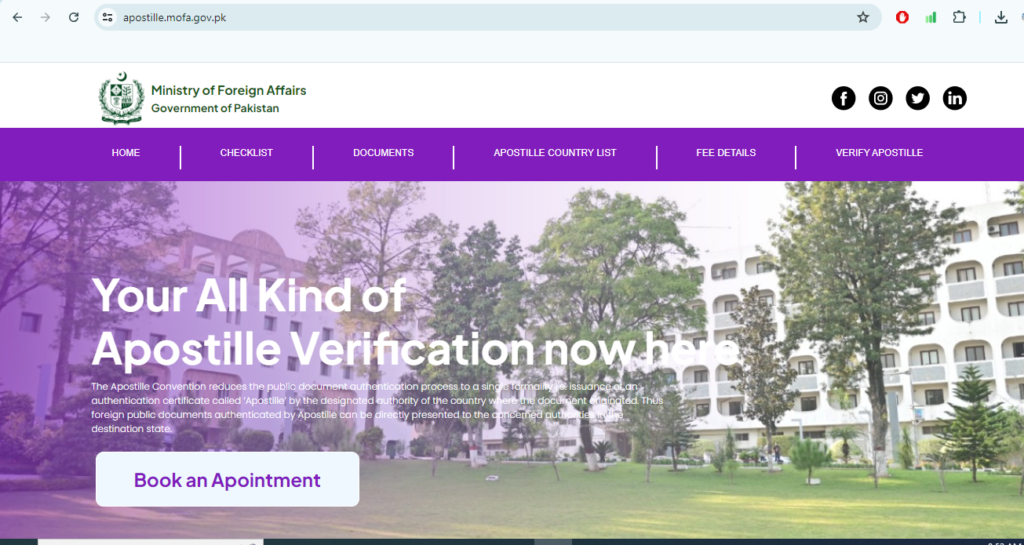Extending your stay in a foreign country can be an exciting prospect, whether it’s to continue your studies, pursue work opportunities, or simply enjoy more travel. However, navigating the visa extension process can often feel overwhelming. This comprehensive guide will break down the key steps, requirements, and potential pitfalls, ensuring you have the knowledge to successfully extend your visa and continue your adventure abroad.
Understanding Visa Extensions
What is a Visa Extension?
A visa extension allows foreign nationals to legally prolong their stay in a country beyond the initial period granted by their original visa. Think of it as a renewal, but instead of a completely new application, it’s an amendment to your existing permissions. Not all visa types are eligible for extension, and the specific rules and requirements vary significantly depending on the country and the visa category.
- Example: A student visa in Australia might be extendable if you are continuing your studies at a higher level. A tourist visa, however, is often not extendable beyond its initial validity period.
Why Extend Your Visa?
There are numerous reasons why someone might need to extend their visa. Understanding your reason is crucial, as it often influences the type of extension you need to apply for and the supporting documents required.
- Continued Education: Completing a degree program or starting a new one.
- Employment Opportunities: Securing a job offer or extending an existing work contract.
- Family Reunification: Joining family members already residing in the country.
- Travel and Tourism: Spending more time exploring the country (though less common for extensions).
- Medical Treatment: Prolonging medical care or recovery.
Eligibility for Visa Extension
Not everyone is eligible for a visa extension. Common reasons for ineligibility include:
- Overstaying: Already staying illegally in the country beyond the initial visa expiry date. This can lead to serious consequences, including deportation and future visa application denials.
- Criminal Record: Having a criminal record, especially for serious offenses.
- Violation of Visa Conditions: Breaching the terms of your original visa, such as working without authorization on a student visa.
- Insufficient Funds: Inability to prove you have the financial resources to support yourself during the extension period.
- Incomplete or Fraudulent Application: Providing false or misleading information in your application.
Preparing Your Application
Gathering Required Documents
The documents required for a visa extension application vary depending on the country and the type of visa you are extending. However, some common documents typically include:
- Valid Passport: Your passport must be valid for at least six months beyond your intended stay.
- Current Visa: A copy of your current visa and entry stamp.
- Application Form: A completed and signed visa extension application form. These forms are usually available on the immigration department’s website.
- Proof of Funds: Bank statements, pay slips, or other evidence demonstrating your ability to support yourself financially.
- Proof of Accommodation: Rental agreements, hotel reservations, or a letter from a host family.
- Letter of Support: A letter from your employer, university, or sponsoring organization (if applicable).
- Medical Certificate: Some countries may require a medical examination.
- Police Clearance Certificate: Proof that you have no criminal record.
- Biometric Data: Fingerprints and photographs may be required.
Tip: Make multiple copies of all your documents and keep them in a safe place.
Completing the Application Form
Accuracy is paramount when filling out your visa extension application form. Any errors or inconsistencies can lead to delays or even rejection.
- Read the instructions carefully: Pay close attention to the specific instructions for each section of the form.
- Answer all questions honestly and accurately: Do not provide false or misleading information.
- Use black ink and write clearly: Ensure your handwriting is legible.
- Double-check your answers: Review your application form thoroughly before submitting it.
- Attach all required documents: Make sure you have included all the necessary supporting documents.
Paying the Application Fee
Most visa extension applications require a fee. The amount varies depending on the country and the type of visa. Payment methods may include online payment, bank transfer, or in-person payment at an immigration office.
- Keep a record of your payment: Obtain a receipt or confirmation of your payment and include it with your application.
- Be aware of exchange rates: If paying in a foreign currency, be mindful of fluctuating exchange rates.
Submitting Your Application
Where to Submit Your Application
The location for submitting your visa extension application depends on the country’s immigration policies. Options include:
- Online Submission: Many countries offer online portals for submitting visa extension applications.
- In-Person Submission: You may need to submit your application in person at an immigration office or visa application center.
- Postal Submission: Some countries allow applications to be submitted by mail.
When to Submit Your Application
Submitting your application well in advance of your current visa’s expiry date is crucial. Immigration departments often have processing times, and submitting late could result in overstaying your visa, even if your application is ultimately approved.
- Aim to submit your application at least 30-60 days before your visa expires. Check the specific guidelines for your country of residence.
- Factor in potential processing delays: Public holidays, peak season, and unforeseen circumstances can all impact processing times.
What to Expect After Submission
After submitting your application, you will typically receive an acknowledgment receipt or confirmation email. You may also be required to attend an interview or provide additional information.
- Keep track of your application status: Many immigration departments offer online tracking systems.
- Be patient: Processing times can vary, so be prepared to wait.
- Respond promptly to any requests for additional information.
Dealing with Potential Issues
Application Rejection
Visa extension applications can be rejected for various reasons. If your application is denied, you will usually receive a letter explaining the reasons for the rejection.
- Understand the reason for rejection: Carefully review the rejection letter to understand why your application was denied.
- Appeal the decision: In some cases, you may be able to appeal the decision. The rejection letter will outline the appeal process.
- Reapply: If an appeal is not possible, you may be able to reapply after addressing the issues that led to the rejection.
Overstaying Your Visa
Overstaying your visa is a serious violation of immigration laws and can have severe consequences.
- Deportation: You may be deported from the country.
- Ban from Re-entry: You may be banned from re-entering the country in the future.
- Difficulty Obtaining Future Visas: It can make it more difficult to obtain visas for other countries.
If you realize you have overstayed your visa, seek legal advice immediately.
Changes in Circumstances
Significant changes in your circumstances after submitting your application can impact your eligibility for a visa extension.
- Notify the immigration department of any changes: Inform them of any changes in your employment status, marital status, or other relevant circumstances.
- Provide updated documentation: Submit any updated documents that reflect your new circumstances.
Conclusion
Extending your visa requires careful planning, meticulous preparation, and adherence to the specific regulations of your host country. By understanding the requirements, gathering the necessary documents, and submitting your application on time, you can increase your chances of a successful visa extension and continue enjoying your time abroad. Remember to always prioritize accuracy, honesty, and compliance with immigration laws. If in doubt, seeking professional legal advice is always recommended.

